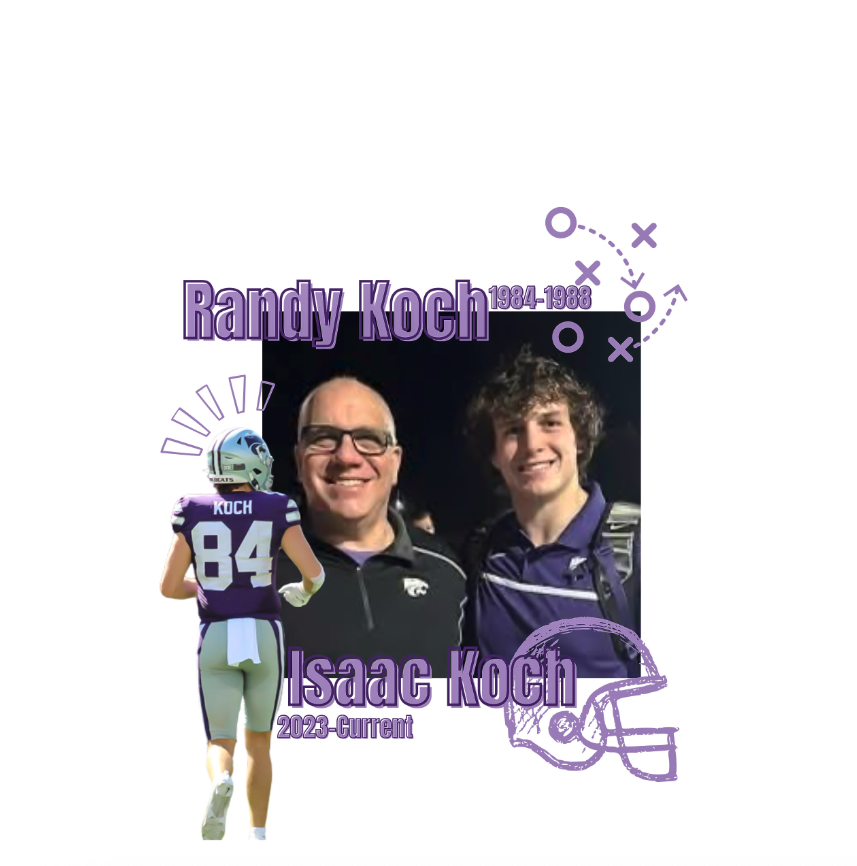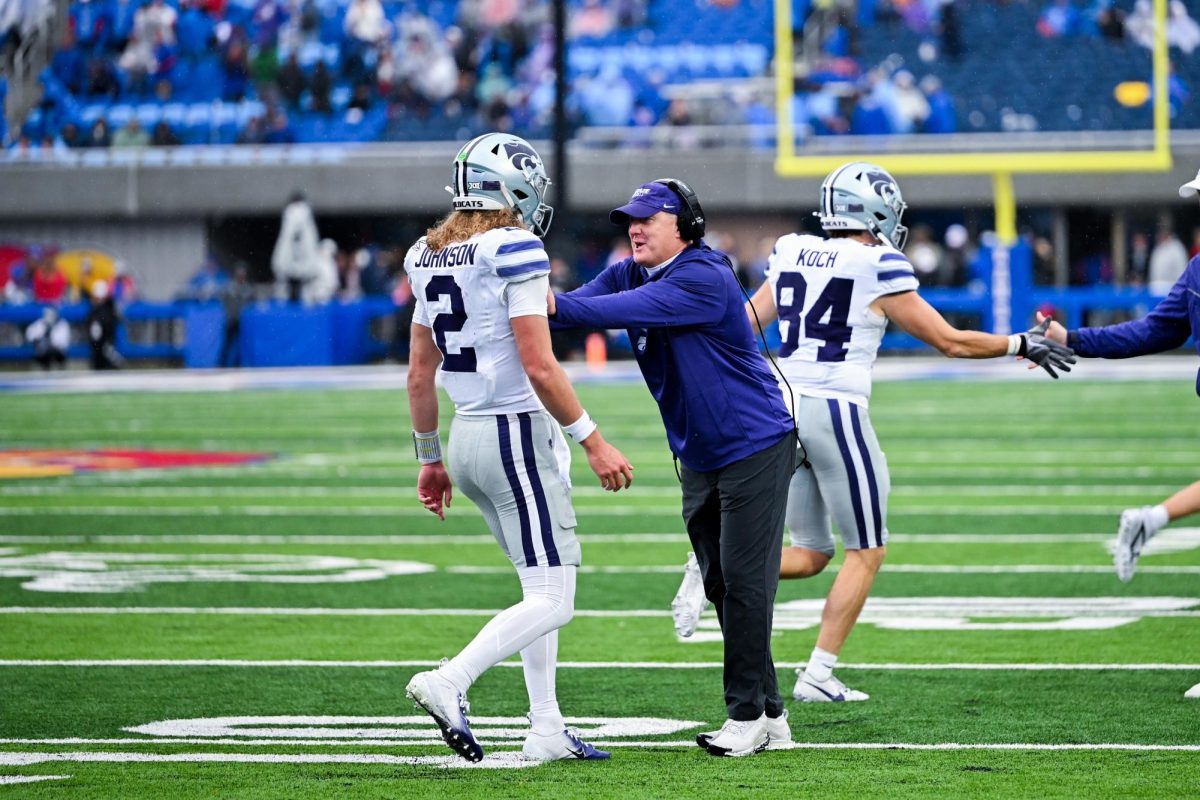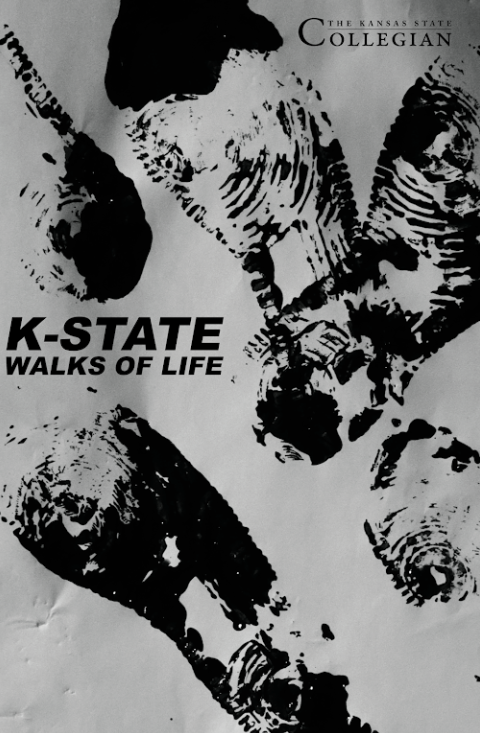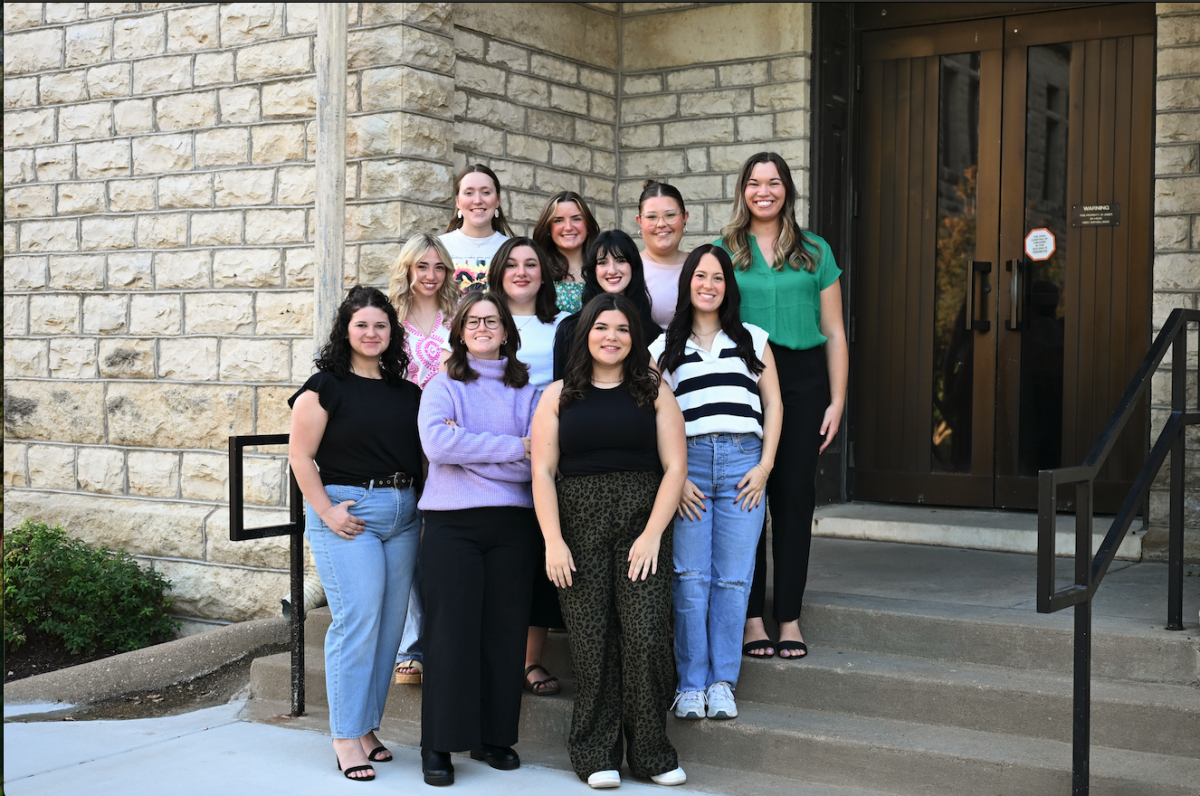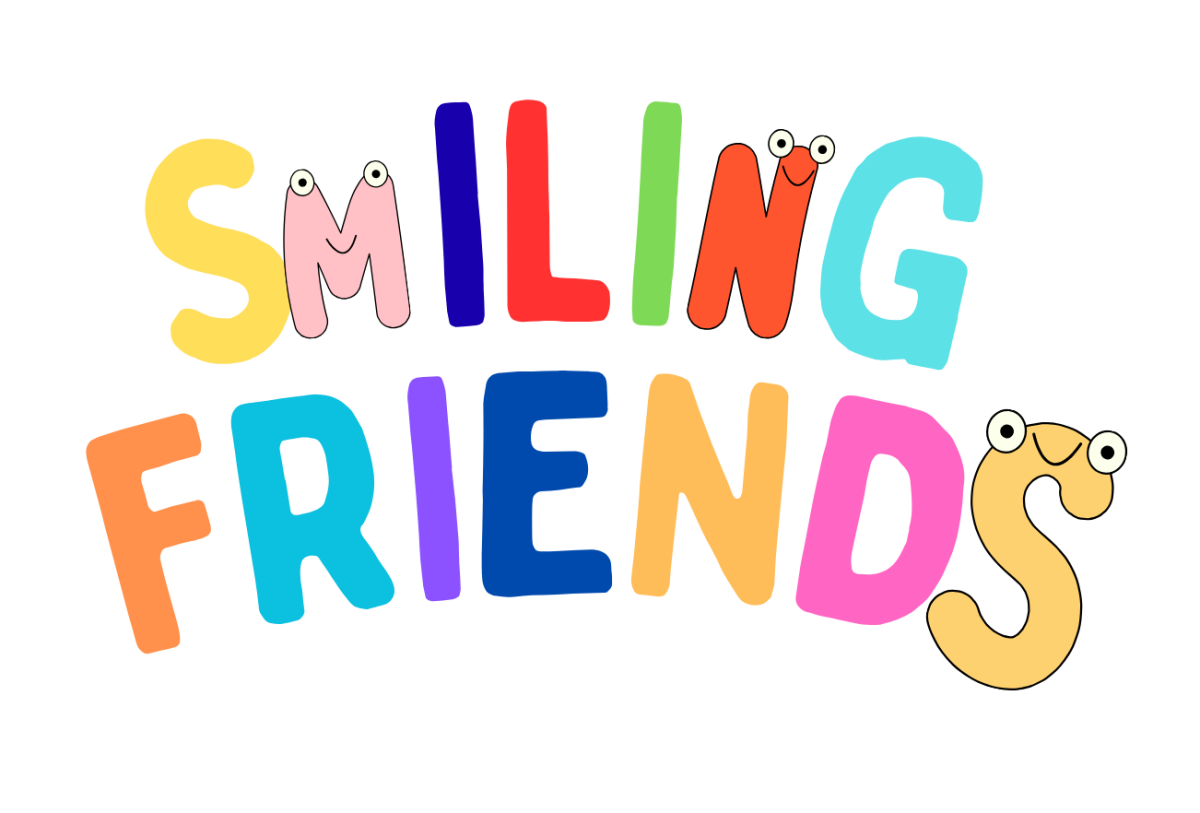The famous novel “It Ends With Us” by Colleen Hoover was recently adapted to film. The story’s central message is about stopping the cycle of abuse, which the title nods to, but rather than marketing the film to bring awareness to domestic violence or educate through resources, it functions as an avenue to make money.
The National Domestic Violence Hotline defines domestic abuse as “a pattern of behaviors used by one partner to maintain power and control over another partner in an intimate relationship.”
The film opens with the main character, Lily Bloom (Blake Lively), attending her father’s funeral. To cope, Lily meets Ryle Kincaid (Justin Baldoni) for the first time by breaking onto the roof of his apartment building. As their romance develops, her first love, Atlas Corrigan (Brandon Sklenar), is brought back into the picture, making Ryle insecure. Ryle brings up Atlas during every instance of abuse after they meet, convinced that Lily is cheating on him with Atlas, painting the abuse she endures as a romance catalyst for her and Atlas.
Instead of highlighting how Ryle’s abuse was an intentional choice he consistently made, it portrays his apologetic behavior sympathetically. Lily asks Ryle what he would do if their daughter was being physically abused, to which Ryle said he would “beg her to leave him.” This perpetuates stereotypes by moving the fault onto the victim rather than holding the abuser accountable.
According to the National Domestic Violence Hotline, leaving an abusive situation is often one of the most dangerous parts of the relationship because abusers can retaliate by threatening the victim’s agency.
Lily asks for a divorce at the birth of her and Ryle’s daughter. While Lily removing herself from the abuse is good, writers missed the opportunity to raise awareness about the dangers victims may face when attempting to escape.
The adaptation profits from violence against women as a rom-com catalyst wrapped in a pretty bow, but in reality it is highly triggering and overshadows the story’s more significant messages and themes.
































